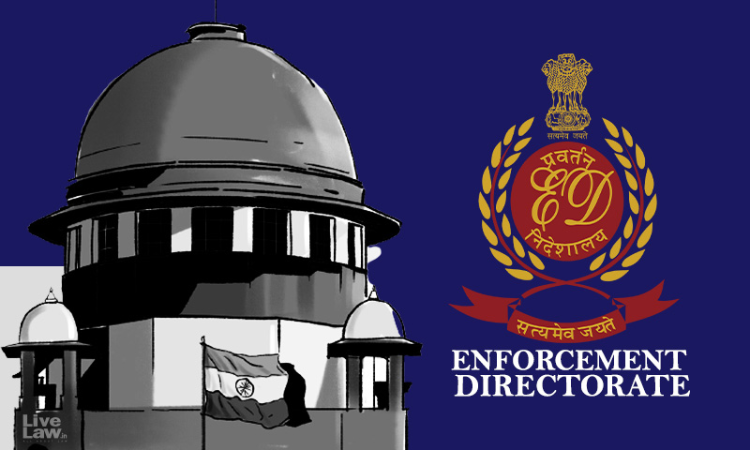Carrot-and-Stick Policy Of Extending ED Director's Tenure By One Year At A Time Threatens Independence : Petitioners Tell Supreme Court
Awstika Das
23 March 2023 6:53 PM IST

Next Story
23 March 2023 6:53 PM IST
The carrot-and-stick policy of granting piecemeal extensions of only one year at a time to chiefs of investigating agencies threatened the independence of the institutions since the heads would either be perceived to have or would actually be compelled to compromise their duties towards the end of their tenure to secure an extension, Senior Advocate Gopal Sankaranarayanan told the...
